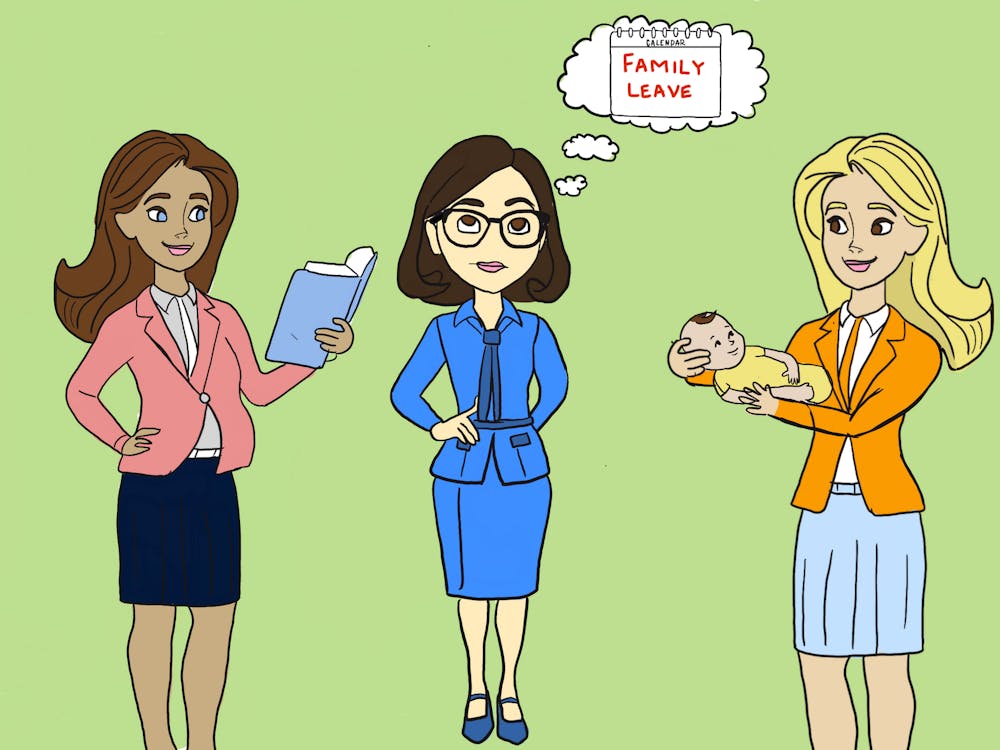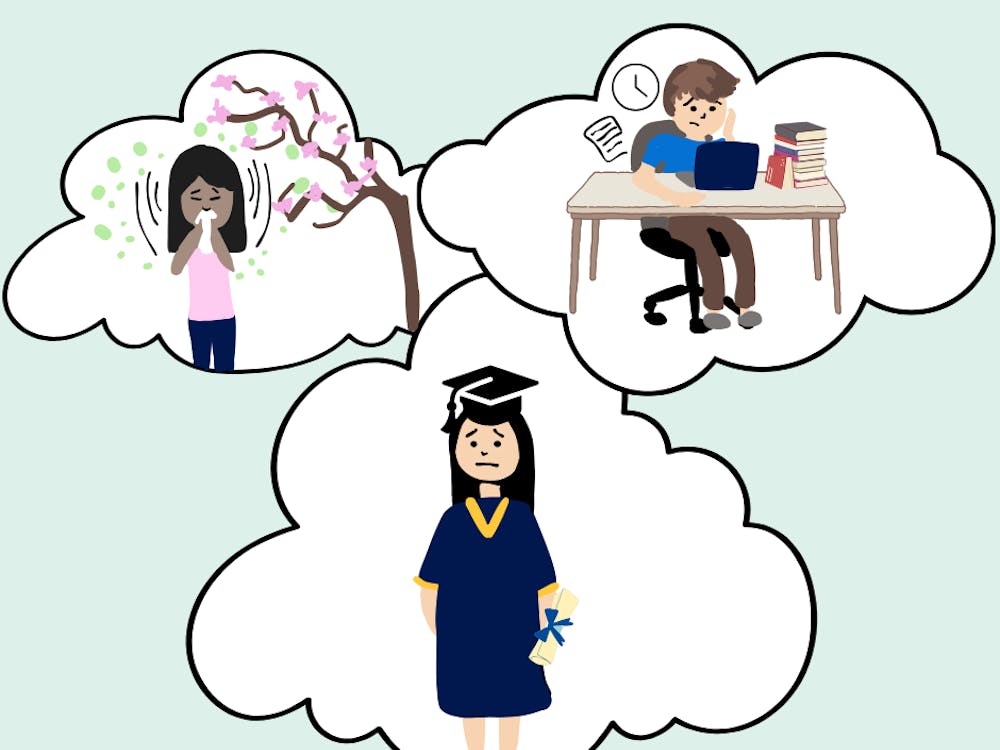The Americans have military power and McDonalds. The French have baguettes and Carla Bruni. What do the Swiss have? Chocolate and peace negotiations. Switzerland's national claims to fame are conflict resolution and international security. Case in point: Last week, Geneva hosted a series of critical talks with the Iranian government about nuclear disarmament.
For several days here in the city, the five permanent members of the United Nations Security Council, in addition to officials from the German government, have been urging Iran to cease its uranium enrichment. Although Iran claims that it only wants a nuclear program for energy security, the revelation of its second enrichment facility has increased fears that it is using the technology to develop nuclear weapons. The talks were praised for being positive and progressive in their conclusions.
With the U.N. headquarters located 15 minutes from my dorm, discussions of this magnitude are enough to make a foreign affairs major do something crazy - like dodge past the guards at the Place de Nations armed with a super-zoom camera for a sneak peak at Saeed Jalili and Ban Ki-Moon. Fortunately, I found an alternative means of getting in on the international action that did not involve spending the rest of my life in a Swiss prison - although I hear they are actually quite nice.
Several weeks ago, my security policy professor casually mentioned that former USSR head of state Mikhail Gorbachev would be giving a speech on nuclear disarmament as a part of the United Nations Guest Lecture Series. To attend, one must simply register online as a student and bring a passport to the U.N. headquarters to receive a temporary badge. As a Russian and Eastern European history aficionado, I was star-struck by the news and much to the dismay of my roommate, commenced a "countdown to Gorbie" calendar in our dorm.
When the day finally arrived, several friends and I arrived at the Place de Nations almost two hours early to ensure that we could get through security and obtain decent seats. It was the first time that I had seen the United Nations from the inside, other than in the Nicole Kidman thriller, "The Translator." The experience did not disappoint. There were three tiers of seating areas curved around an impressive stage with a giant golden symbol of the U.N. flag mounted on the wall. Below, long wooden tables complete with instant-translation earpieces and microphones stretched from wall to wall.
As we sat down awestruck, we heard chattering in every imaginable language. There were suave European businessmen and dignitaries intently discussing affairs in French, British English and sometimes Spanish. There were pimply U.N. interns about our age, heatedly arguing over the current value of the Chinese yen. There were students and adults from the Russian-speaking population of Geneva, awaiting the figure who proved to be so monumental in their cultural and political history. As we waited for the speech to begin, we analyzed all these people around us, trying to guess what part of the international community they came from and what their stories were.
When Gorbachev walked into the room, followed closely by Ban Ki-Moon and several other U.N. officials, a hush came over the crowd. There were some opening remarks on the general topic of nuclear disarmament, with Gorbachev then speaking for roughly 30 minutes about the importance of a nuclear-free world. At the age of 78, he reminded me of a grandfatherly figure, offering words of advice to the young, radical, conflict-ridden world. He made several comments directly to the American community as well that were mostly positive about the new administration, but still noted that the United States needs to conduct a kind of perestroika, or "restructuring," of our international perspective and the way we interact with the global community.
For the most part, he remained on topic but would occasionally go off on random, yet still interesting, tangents. At one point, a media person asked the inevitable question concerning the past success of nuclear deterrents. Gorbachev responded by emphatically disagreeing and then relating an amusing anecdote about when he and former President Ronald Reagan were discussing what would happen if a meteor hit the Earth and countries thought it was a nuclear weapon instead. These side stories made the speech even more remarkable to me because I got a fuller impression of Gorbachev as a person, not just as a formidable political leader.
When the speech concluded, my friend and I went to leave through one of the many grand doorways, which just happened to be the same exit Gorbachev was using! At one point, he was literally two feet in front of us. I was so surprised that I couldn't even utter a few words of my second-year Russian vocabulary to express a greeting. Instead, I just stood there and smiled at the little old man, who arguably ended the Cold War. For a second, I think he smiled too.
Chelsea's column runs biweekly Tuesdays. She can be reached at c.kelly@cavalierdaily.com.






